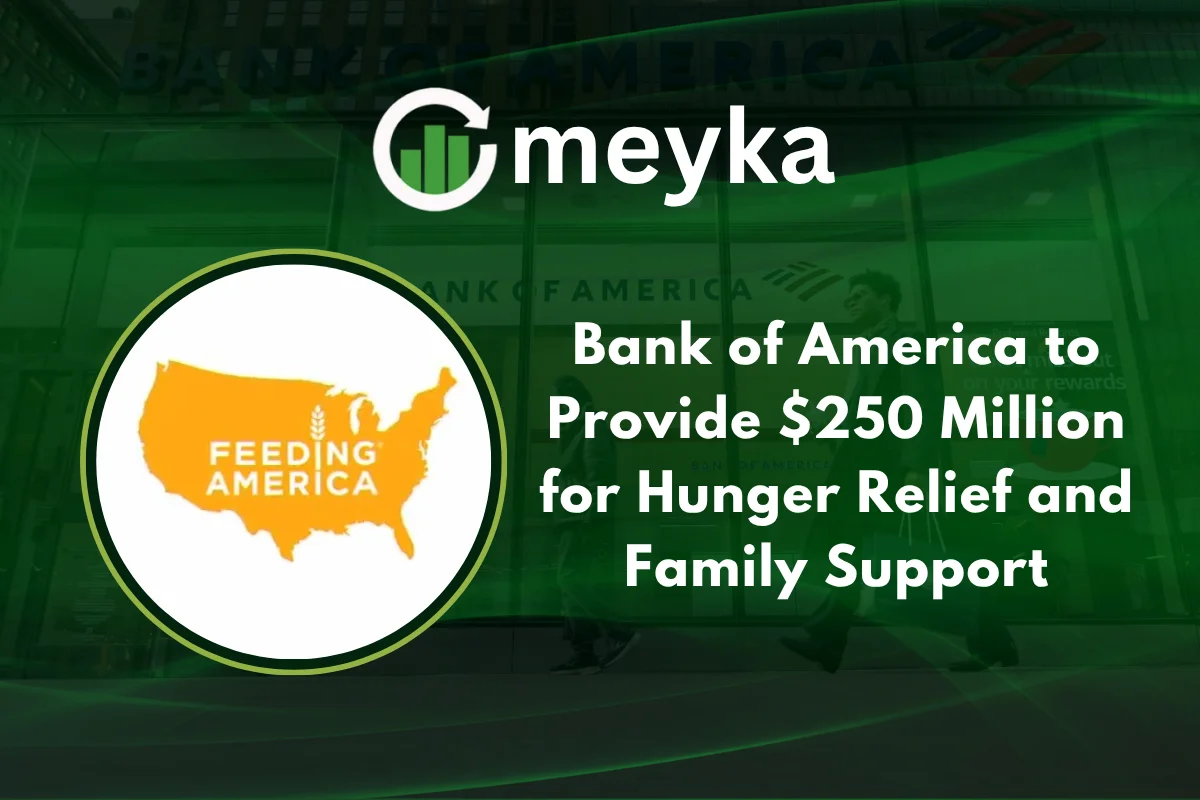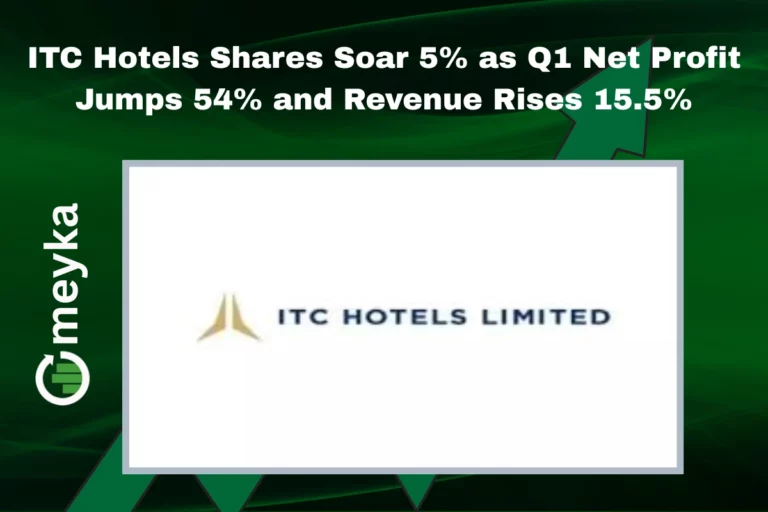Bank of America to Provide $250 Million for Hunger Relief and Family Support
In a major step toward addressing food insecurity and economic inequality, Bank of America has announced a $250 million commitment to fund hunger relief programs and family support initiatives across the United States. The funding will be distributed over several years, aiming to provide both immediate food aid and long-term solutions for struggling families.
Continue Reading on Meyka
This article is available in full on our main platform. Get access to complete analysis, stock insights, and more.
Read Full Article →





